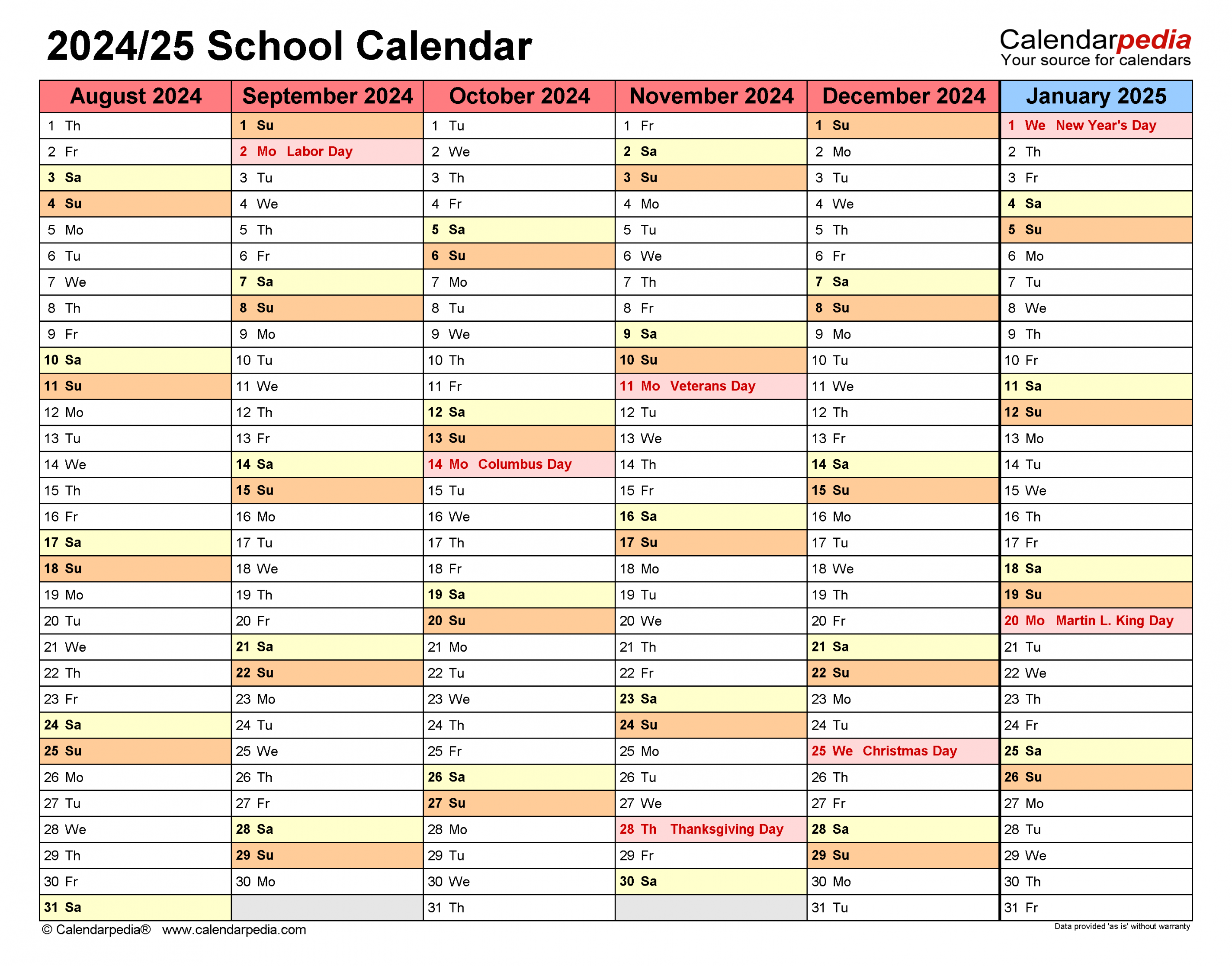What Month Does 2024 Graduate
Graduate Program in Communication Studies M.A. in Communication Studies
The graduate program in Communication Studies at Sacramento State is a rigorous, methods-driven program designed to increase theoretical and applied understanding of human communication.
We are excited to foster an inclusive learning environment with students and faculty from all walks of life. In particular, we welcome students of all identities and cultural backgrounds, including international and first generation students.
Our courses are taught by award-winning faculty with expertise across communication studies, including Mass Media, Organizational, Health, International, Intercultural, Interpersonal, Rhetorical, Political and Instructional Communication.

The 30-unit program has an excellent track record of preparing students for doctoral study as well as entering communication professions. We offer:
Small class sizes with lots of instructor-student interaction Various culminating experiences including thesis, project or comprehensive exams Funding via paid Teaching Assistantship and Graduate Assistantship program Late afternoon and evening classes to accommodate working professionals Research and internship opportunities Fall and Spring admissions

With full-time coursework (six units per semester), students usually finish the program in two to three years, depending on their culminating experience option and personal obligations.
To learn more, please review the Catalog, which outlines admissions and program requirements; the Graduate Document; the FAQs below, and this interview about the program. For additional questions, contact Dr. Shawna Malvini Redden, Graduate Program Coordinator.

Please note: To apply for the Fall 2024 cohort, applications open on Cal State Apply October 1, 2023. The priority deadline is January 15, 2024. Applications will be accepted, as space allows, until March 1, 2024.
If you are interested in applying for our Spring 2025 cohort, applications will be due September 15, 2024. The application opens August 1, 2024.
Graduate Faculty One of the hallmarks of graduate education is working closely with faculty , in the classroom, conducting research, and on culminating experience committees. Below are the current graduate faculty members and their bios. Note: Emeritus signals that someone has retired from regular employment, but still retains privileges as a graduate faculty member. To contact faculty or visit office hours, see the Department of Communication Studies.
Dr. Kimberly Aguilar, Assistant ProfessorDr. Diego Bonilla, ProfessorDr. Carlos Flores, Assistant Professor Dr. Michele Foss-Snowden, ProfessorDr. Elaine Gale, ProfessorDr. Cheng Hong, Assistant ProfessorDr. Jacqueline A. Irwin, ProfessorDr. Mark Ludwig, ProfessorDr. Shawna Malvini Redden, Associate ProfessorDr. Christine Miller, ProfessorDr. Morgan Morley, Assistant ProfessorDr. Barbara Myslik, Assistant ProfessorDr. Kiko Omori, Associate Professor (on sabbatical until Fall 2024)Dr. Gerri Smith, Professor EmeritusDr. Carmen Stitt, ProfessorDr. Mark Stoner, Professor EmeritusDr. Andrea Terry, Assistant Professor Dr. John Williams, Professor EmeritusDr. Mark Williams, Professor (on sabbatical until Fall 2023)Dr. Nate Woo, Assistant ProfessorDr. David Zuckerman, Professor
Graduate Faculty Bios & Photos
Fall 2024 Application Now Open Application Dates & Deadlines Spring 2024 – Closed Sept. 15. No longer accepting applications Fall 2024 – Open Now To apply for the Fall 2024 cohort, applications are on Cal State Apply The priority deadline is January 15, 2024. Applications will be accepted, as space allows, until March 1, 2024. Spring 2025 Cal State Apply application available: August 1,2024 Application Process Review this site and the university catalog carefully to learn about our program. Start your online application via Cal State Apply. Send the Office of Graduate Studies your official transcripts from all schools you have attended. (You MUST have this online application and transcripts submitted on time or your application cannot be considered.) If you are a Sac State student, your transcripts are already on file. Note: The application window for Spring 2024 admissions opens August 1, 2023 and closes September 15, 2023. Prepare supplemental materials. Submit these via Cal State Apply in Quadrant IV. Include: At least one substantive, polished academic writing sample that shows your skills at using research sources, and critiquing research and/or analyzing texts, preferably from a communication studies perspective. Please do not include professional writing samples, e.g., journalism, news writing, or news releases. A statement of purpose explaining why you want to study communication at the graduate level in our program, who you want to work with among the faculty, and how graduate study connects to your professional goals. If relevant, offer context on weak parts of your application. In approximately two pages (single or double-spaced), discuss: Why you want to study communication at the graduate level What topics in communication you are interested in researching Why you wish to study in this department and why you would fit in our program Which faculty you want to work with, potentially What type of faculty support you are looking for Your professional goals A personal statement, reflecting on your decisions about graduate school. In approximately one page (single or double-spaced), please craft a statement that addresses the following questions: Why do you want to go to graduate school? How have you prepared for graduate study in communication (e.g., relevant coursework, research projects, conference participation, independent study projects, post-baccalaureate courses)? Are there personal contextual factors that the graduate committee should know when reviewing your application? An analytical writing essay and intake form. (Please download and save this form before editing. Note, the prompts were updated in Summer 2023). We would like to understand how you analyze communication problems and craft arguments. To demonstrate these abilities, please craft a short Analytic Essay (no more than two pages, single or double spaced) in response to one of the prompts. There is no one right answer. We want to see you develop an argument, make a case for your position, discuss possible counter-arguments, and demonstrate your writing and analytic abilities. Please use scholarly sources to support your claims. Unofficial transcripts (send official transcripts to Office of Graduation Studies, unless you currently attend Sac State; then your official transcripts are already on file) Resume (optional) Teaching Associate or Graduate Assistant program application (optional) Graduate Record Exam (GRE) scores (optional) Request letters of recommendation from three professors who can speak to your potential as a graduate student, including but not limited to: writing strength, understanding of communication theory, presentations made, conference participation (papers submitted or presented), poster session participation, global experience, internships, participation in educational achievement programs (e.g., McNair Scholars). You invite professors to submit letters directly via Cal State Apply, so start the application early. Please also have your professors send letters directly to [email protected] Ask lots of questions. Contact the Graduate Program Coordinator, Dr. Shawna Malvini Redden at [email protected] and the Interim Graduate Program Administrative Support Coordinator Alexis Garcia at [email protected] Submit your materials via Cal State Apply. The application deadline for the Spring 2024 cohort is September 15, 2023. For the Fall 2024 cohort, the priority deadline is January 15, 2024, with applications accepted as space allows until March 1, 2024.
Frequently Asked Questions
Q: Don’t I need straight As to get into grad school? A: No. We require a 3.0 cumulative GPA, or a 3.25 in the last 60 units. If you don’t meet the GPA minimum, we recommend that you successfully complete some additional courses, preferably upper division communication courses, to raise it.
Q: What about pre-reqs?A: There aren’t any, per se, although you might be asked to take extra undergraduate methods courses in rhetorical and/or quantitative methods if you earned less than a B- in your methods courses or did not complete any during your undergraduate program. These classes would count toward your M.A.
Q: Any advice for the academic writing samples?A: Yes. Submit examples of your best academic writing that show your ability to critique and analyze ideas. Get feedback from peers and professors, and revise old class papers or create something new. It is preferrable that these writing samples are substantive and address communication studies, although any subject is acceptable.
Q: What type of GRE scores are you looking for?A: None. We have removed the GRE as an admissions requirement due to evidence that it is biased against people of color, women, and those of lower socio-economic status, in addition to not being very useful in predicting success in graduate school according to several research studies. You are welcome to submit GRE scores, but they are not required.
Q: Is the program compatible with working professionals?A: Absolutely. Most of our students work full time during the day and take classes in the afternoon or evening. Our courses are almost exclusively offered in the late afternoon or evening.
Q: How many classes do grad students usually take per semester?A: Usually two three-unit classes or the equivalent. Full time graduate study is considered six units, in terms of workload. (Full time for financial aid purposes is 8 units)
Q: How much does the grad program cost?A: For in-state students, tuition is $5,906 per year, including fees (taking six units per semester). For non-residents, there is an extra fee of $396 per unit. (Current as of January 2023)
Q: Are grad students eligible for financial aid and grants?A: Yes. Turn in your FAFSA early!
Q: Is there funding available?A: Yes. We offer funding in the form of the Graduate Assistant and Teaching Associate programs. The GA salary is approximately $1,815 per semester, per lab section taught (spread over five months). The TA salary is approximately $7,524 per semester for two courses (spread over six months). [Salary information current as of August 2022]
Q: Advice for the application materials?A: Proofread carefully, customize materials to our program, and get everything submitted on time. For statements of purpose and personal statements, we strongly recommend answering the questions listed in the Application Process section.
Q: What if I don’t have three professors to write letters of rec?A: While our preference is for letters of recommendation to come from professors who can speak to your preparation for graduate level education, we do accept letters from employers and references who know you well.
Funded Student Teaching Opportunities
Unique among many master’s-level graduate programs, the Communication Studies department at Sacramento State offers the opportunity for paid graduate student teaching.
Typically, new graduate students will start out as Graduate Assistants, who work closely with an instructor who delivers course content. GAs lead lab sections and grade speeches. After gaining experience in the classroom, they usually become Teaching Associates who design and lead their own classes as instructors of record. (Exceptions to this apply if you have teaching experience already.)
GAs and TAs work closely with faculty mentors to hone their teaching abilities and prepare. Likewise, we offer two seminars to support teaching (Instructional Communication Theory and Practicum) and rotating one-unit modules about teaching topics such as syllabus development, giving effective feedback, active learning, and more.
Graduate students who participate in the GA/TA program leave well prepared to teach in the community college system, as part-time faculty at Sacramento State or other CSUs, and in doctoral programs. Indeed, our alumni work in our department, as well as at universities and community colleges across the country. Graduate students who work as GAs and TAs also learn important leadership skills that translate to other work environments, including public speaking, leading large groups, assessment and evaluation, and giving constructive feedback.
The GA salary is $1,815 per semester, per lab section taught (spread over five months). GAs may teach up to three lab sections per semester. The TA salary is $7,524 per semester for two courses (spread over six months). (Salary information as of August 2022)
For more details about the positions, requirements, and application process, please see the application forms:
Departmental Forms
Graduate Program Forms
Program forms for current students are available via the Communication Graduate Student Resources site on Canvas. Important forms are also available from the Office of Graduate Studies, via AdobeSign and OnBase.
Graduate Program Policies/Procedures Graduate Employment Opportunities Communication Studies Graduate Classes
While our curriculum varies and includes “special problems” courses that feature various contemporary communication topics, below is a list of our regular course offerings. The three required core classes must be completed as soon as possible when students enter the program.
In addition, students can take up to six units of advanced undergraduate classes or graduate courses in other departments with advisor and Graduate Committee approval to develop a customized course schedule.
Core Required Courses
COMS 200A Intro to Grad Studies–Disciplinary History & Conventions (1 unit; offered in Fall) COMS 200B Intro to Grad Studies–Paradigm & Methods (1 unit; offered in Spring) COMS 201 Communication Theory (3 units; offered in Fall) A choice of methods: COMS 202 Quantitative Methods, COMS 203 Qualitative Methods, or COMS 204 Rhetorical Methods (Courses rotate every semester)
Graduate Courses (3 units each)
COMS 206 Organizational Communication COMS 207 Relational Communication COMS 208 international Communication COMS 209 Social Movements COMS 210 Media Effects COMS 211 Media & Culture COMS 212 Communication & Leadership COMS 213 Rhetorical Theory COMS 214 Health communication COMS 215 Political Communication COMS 216 Intercultural Communication COMS 217 Applied Organizational Communication COMS 219 Conflict Management COMS 221 Instructional Communication Theory COMS 222 Instructional Communication Practicum COMS 228 Corporate Advocacy and Public Policy COMS 230 Computer-Mediated Communication
Variable Content Courses
COMS 285 Colloquium for Teaching Communication Studies (1 unit) COMS 295 Apprenticeship in Communication Studies (1-3 units) COMS 296A Communication Research Methods Module (1 unit) COMS 296B Communication Topics Module (1 unit) COMS 297 Directed Study and Comprehensive Examination (3 units) COMS 298 Special Topics Course (3 units; offered in Spring) COMS 299 Independent Study (Usually 3 units; proposal required) COMS 500 Thesis/Project Units (6 units)